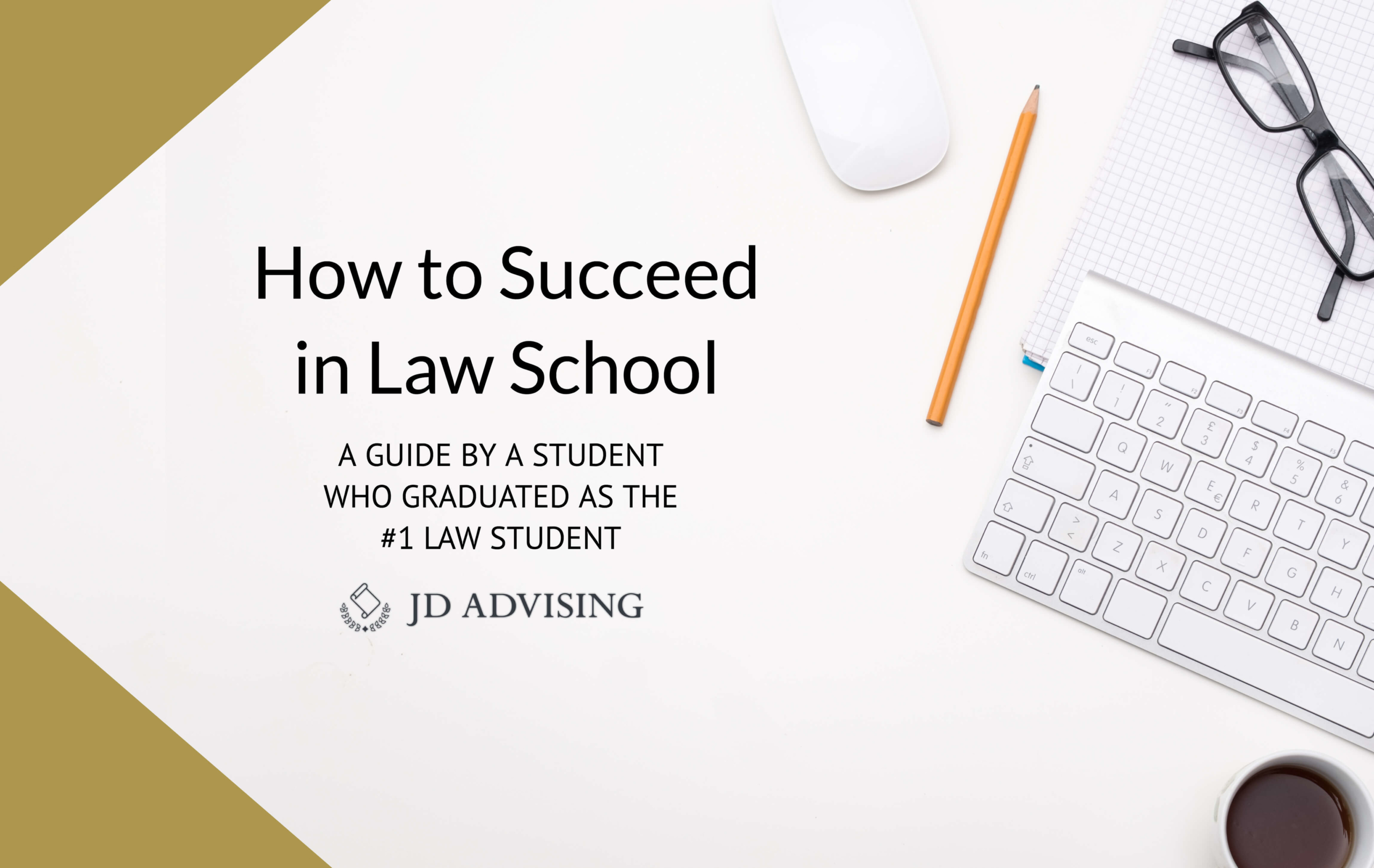What are law school final exams like?
What are law school final exams like?
You may wonder exactly what law school final exams are like. Law school final exams are different than exams you may have taken in college or prior. Knowing what to expect will help ease your anxiety and lower your stress so that you can approach the exams with confidence. So, here we tell you exactly what to expect!
What are law school final exams like?
1. Every professor will give a different exam
Most law schools divide students into different sections during their first year. So, there might be two or three different sections, and although every section takes the same classes, they usually have different professors. What does this mean? Practically speaking, your Torts exam may—and probably will—look very different from the torts exam that another professor gives. Some professors will ask students to complete multiple-choice questions, short answer questions and a long essay question. Other professors may forgo asking multiple-choice questions in lieu of two lengthier essay questions. If your professor has not yet discussed the overall format of the exam, ask him or her about it in class or during office hours. Or, better yet, look to see if you can find past exams on file. Be prepared for the type of test that your professor gives.
2. Law school exams are usually racehorse exams
Law school essay exams pack a lot of issues in one fact pattern. Generally, an essay fact pattern will be one to three pages long. The fact pattern is basically a story where a lot happens. For example, in a Torts essay fact pattern, you may read a story of how a man goes grocery shopping, slips on the floor and can’t get up, the store fails to help him in a timely manner, a friend helps him but then lets him fall again. Then another person might get mad and punch the friend in the face . . . you get the idea. There will be a lot going on!
Your goal is to identify as many of the relevant issues as possible (i.e., negligence, assault, battery, etc.), accurately state the law for those issues, apply the law to the facts, and reach a well-reasoned conclusion.
The best way to prepare for this kind of exam is to practice. Practicing ahead of time will give you a huge advantage over your classmates who are not likely making practice a priority. Check out this in-depth guide on how to answer law school exam questions.
3. Exams may be open-book or closed-book
Most students are happy to hear that an exam is open-note or open-book. While this does provide a sense of comfort, do not rely on your outline or notes too much. Students often think that if an exam is open-note they do not have to memorize the law. This could not be further from the truth! There is no time to look up each rule in your outline. Do your best to memorize your outline regardless of whether your exam is open-book or closed-book! Memorization is an important skill—use techniques that have worked for you in the past (e.g., writing out the rules, reciting the rules, etc.). We actually recommend you prepare in a very similar manner whether your exam is open-book or closed-book. The primary difference is that if your exam is open-book, you want to make sure you have a very organized outline in case you need to look something up. But, either way, you should have the law memorized so you do not need to look it up. An outline is a safety net and the more grasp you have of the law, the more efficiently you will be able to apply it.
Please see this post on how to prepare for an open-book law school exam. Please see this post on how to prepare for a closed-book law school exam. Please see this post on how to learn your law school outlines.
4. The final exams are generally three to four hours long
When was the last time that you sat down and took an exam that was three or four hours long? To perform your best on exam day, try to be well-rested and well-nourished. Almost all professors allow students to bring some coffee, tea, water, juice, etc. to the exam, as well as snacks that are not too noisy (e.g., you do not want to be the person munching loudly on chips!). Choose your snacks wisely—pick something that is high in protein and not too sugary. You want to make sure that you have enough energy to complete the entire exam. Practicing exams ahead of time will also help you get used to sitting and taking an exam for this lengthy period of time!
To make sure you don’t forget anything critical on law school final exam day, please see our law school final exam day checklist here.
5. You will hear other people typing their answers
By now you probably have a fairly good idea of whether it bothers you when you hear other people typing. If you are sensitive to noise and find earplugs helpful (and you’ve used them before), bring some with you. If you have never used earplugs before and you are interested in doing so, try them out now when you do a practice exam! It is better to get used to working with earplugs sooner rather than later.
Takeaway: practicing exams is the best way to prepare
Law school final exams are different than exams you may have taken in college. They are longer. They often have a racehorse fact-pattern format. And, you have to be prepared for whatever exam your professor gives.
For this reason, do not make the mistake of thinking that the final exam for any of your classes is going to be similar to what you have been doing on a daily basis (i.e., reading and briefing cases). During the semester you learn one issue at a time (e.g., what constitutes a valid offer?). However, on the final exam you will be asked to spot many issues all at once—e.g., offer, acceptance, consideration, Statute of Frauds violations, anticipatory repudiation, etc. Most students do not practice identifying and analyzing multiple issues at once.
The best thing to do to prepare for final exams is to take the time to do practice exams your professor wrote. This will give you the best idea of what you might encounter on exam day.
If your professor is kind enough to give you a model answer or grading rubric for his or her practice exams, pay close attention to each issue the professor spotted and the rule of law. Then, if you encounter the same issues on exam day, you will have a better idea of how to write your answer. If you have a new professor or a professor who has not released any practice exams, do practice exams that other professors in your school have released for the same subject. For more information on how to take law school practice exams, see this post.
Go to the next topic, How do I answer law school exam questions? (an in-depth guide).
Seeking Success in Law School?
- Benefit from personalized one-on-one tutoring by our seasoned law school tutors.
- Explore our NEW and highly acclaimed law school study aids, available for a free trial.









